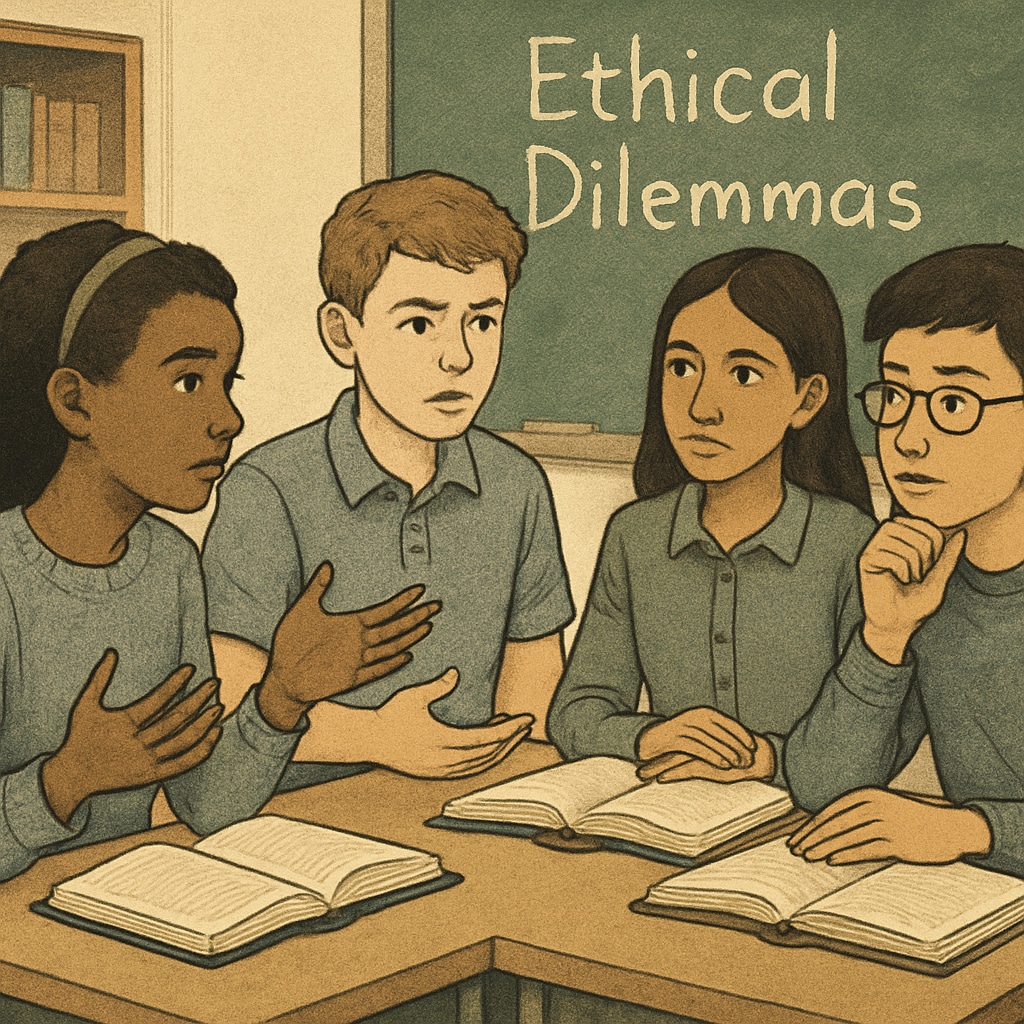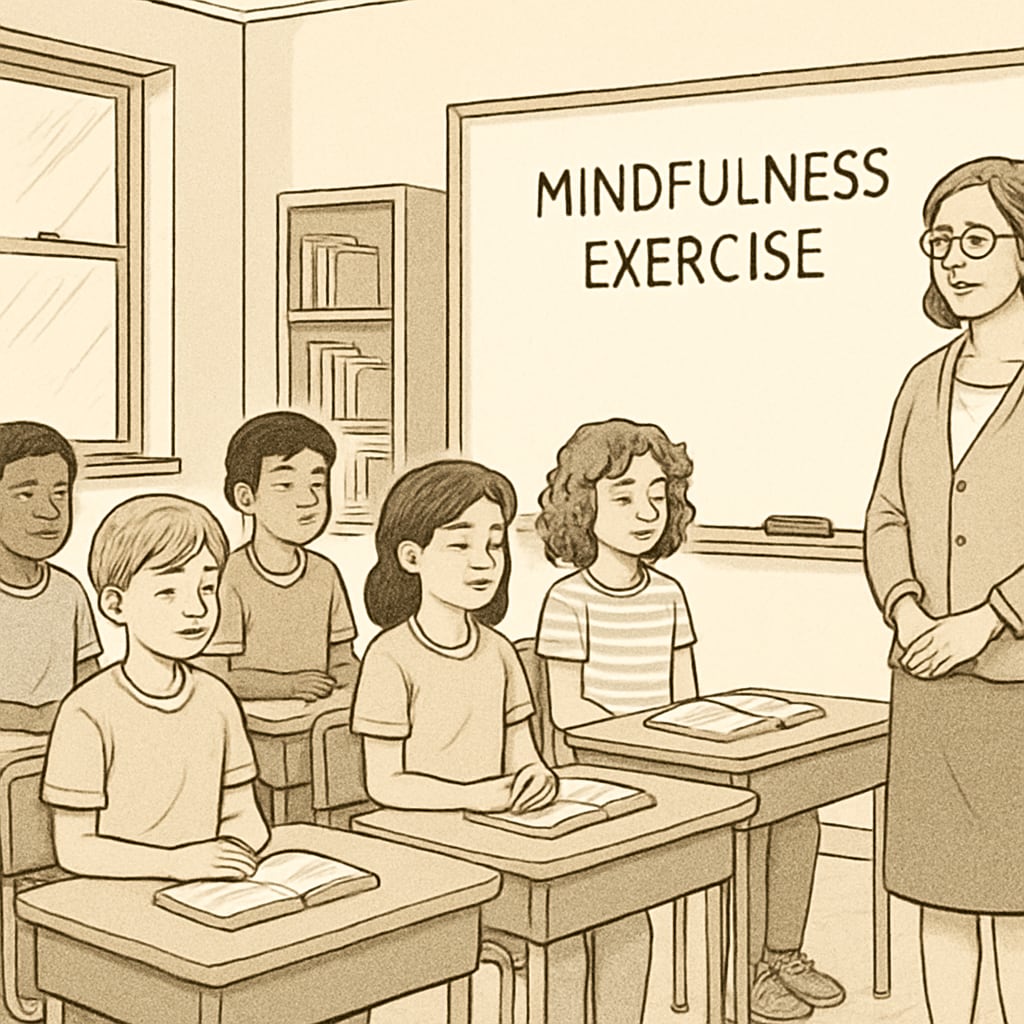In today’s fast-paced K12 education system, where the emphasis is often on academic performance, subjects like psychology and philosophy are easily overlooked. However, developing an understanding of these fields through non-academic means can greatly benefit students by fostering critical thinking, emotional intelligence, and a lifelong curiosity about the human mind and existence. In this article, we explore accessible ways for K12 students to dive into psychology and philosophy outside of the traditional classroom setting.
Why Psychology and Philosophy Matter for Young Minds
Psychology helps students understand human behavior and emotions, providing them with tools to manage their own mental health and relationships. Philosophy, on the other hand, teaches them to question, reason, and develop a deeper understanding of the world around them. Introducing these disciplines at an early age can prepare students for the complexities of adulthood while also enriching their academic and personal lives.
For example, studying moral philosophy can help students navigate ethical dilemmas, while an introduction to cognitive psychology can improve their learning strategies. These insights are not only useful in school but also invaluable for personal growth. By exploring these subjects in a non-academic format, students can engage with them in a stress-free and enjoyable way.

Books as Gateway Tools for Psychology and Philosophy
Books tailored for young audiences are an excellent starting point for learning psychology and philosophy. Age-appropriate literature can simplify complex concepts and make them engaging. Here are a few recommendations:
- Sophie’s World by Jostein Gaarder – A beginner-friendly introduction to the history of philosophy.
- The Psychology Book by DK – A visually appealing guide to key psychological theories and concepts.
- Man’s Search for Meaning by Viktor Frankl – While more advanced, this book explores existential philosophy and resilience.
By reading such books, students can engage with ideas that challenge their thinking and inspire curiosity, setting the stage for deeper exploration.
Interactive Activities to Deepen Understanding
Books are just the beginning. Interactive activities can help students apply what they learn in practical ways. For instance:
- Philosophical Debates: Organize discussions around ethical scenarios, such as “Is it ever okay to lie?” This encourages critical thinking and empathy.
- Mindfulness Exercises: Activities like guided meditation introduce psychological concepts like focus and emotional regulation.
- Role-Playing Games: Use scenarios that challenge students to think philosophically or apply psychological principles, such as resolving conflicts or understanding different perspectives.
These activities make abstract concepts tangible and relatable, enhancing both comprehension and retention.

Digital Tools and Resources for Modern Learners
The digital age offers countless resources for exploring psychology and philosophy. Websites, apps, and online courses provide interactive and self-paced learning opportunities. Some noteworthy options include:
- Coursera: Offers beginner-friendly courses on topics like philosophy and human psychology.
- Khan Academy: A free resource with lessons on critical thinking and philosophical logic.
- Mindfulness Apps: Tools like Calm or Headspace teach practical psychology-based techniques for stress management.
These tools allow students to explore at their own pace, making learning both accessible and enjoyable. Furthermore, they can provide a sense of autonomy, encouraging students to take ownership of their educational journey.
Building a Lifelong Curiosity
Encouraging K12 students to explore psychology and philosophy outside the classroom plants the seeds for lifelong learning. The skills they develop—such as analytical thinking, emotional intelligence, and ethical reasoning—will serve them well in any field they choose to pursue. Moreover, these disciplines can provide a sense of purpose and clarity in an often confusing world.
In conclusion, while psychology and philosophy may not always be a primary focus in formal education, they are invaluable for personal and intellectual growth. By utilizing books, interactive activities, and digital tools, students can gain a deeper understanding of these subjects in a way that is both meaningful and enjoyable.
As parents, educators, or mentors, it’s important to provide resources and opportunities for young learners to engage with these fields. After all, understanding the mind and the nature of existence is a journey worth beginning at any age.


